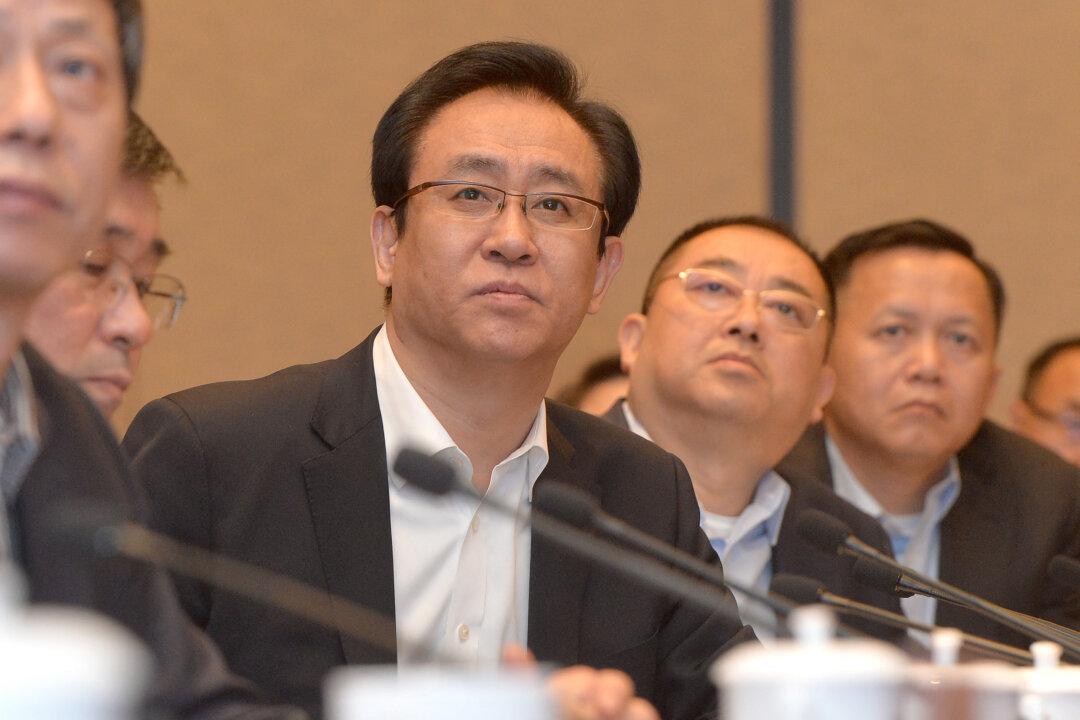News Analysis
Two weeks after Evergrande’s chairman Hui Ka Yan, filed for bankruptcy protection in the United States, Chinese authorities ordered his arrest. Filing for bankruptcy protection in a U.S. court is believed to be a means for Mr. Hui to protect his overseas assets from prosecution and to continue transferring assets.





